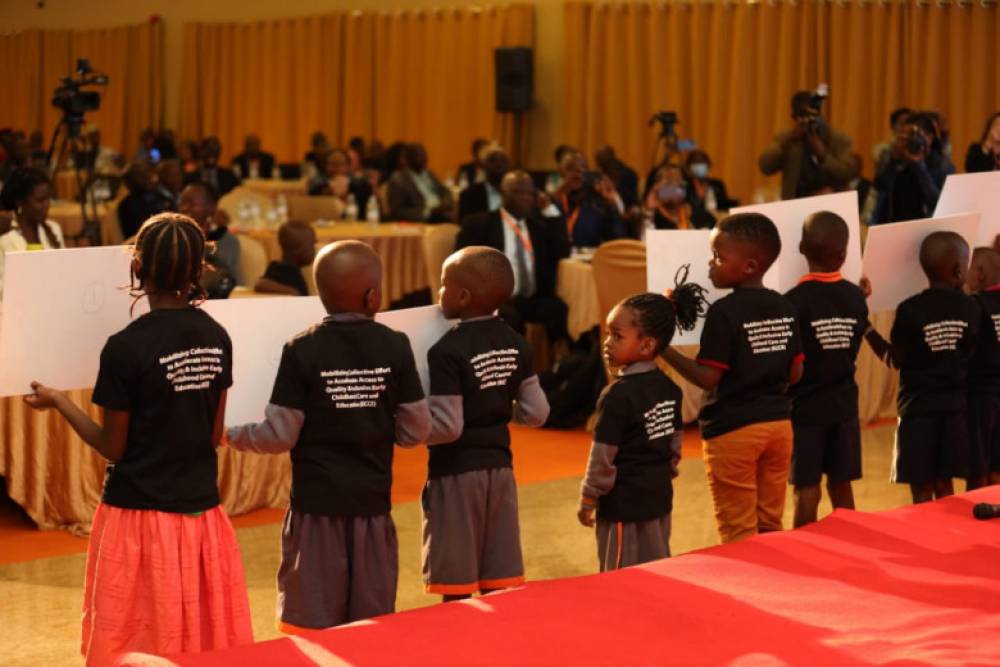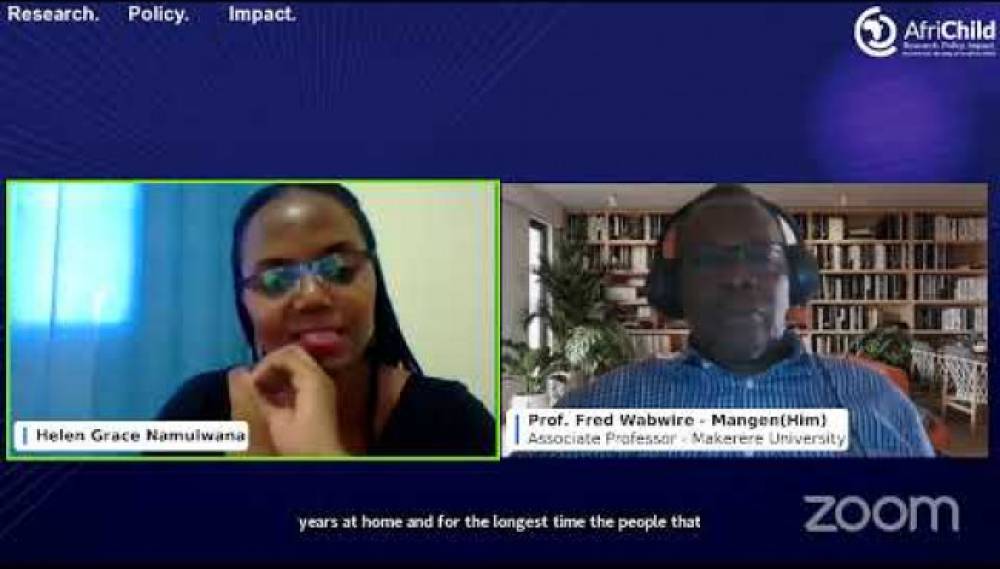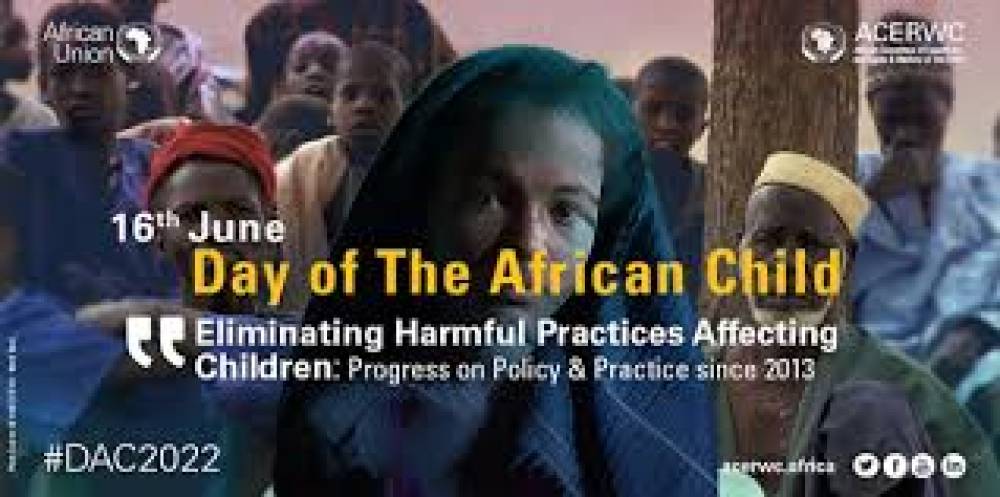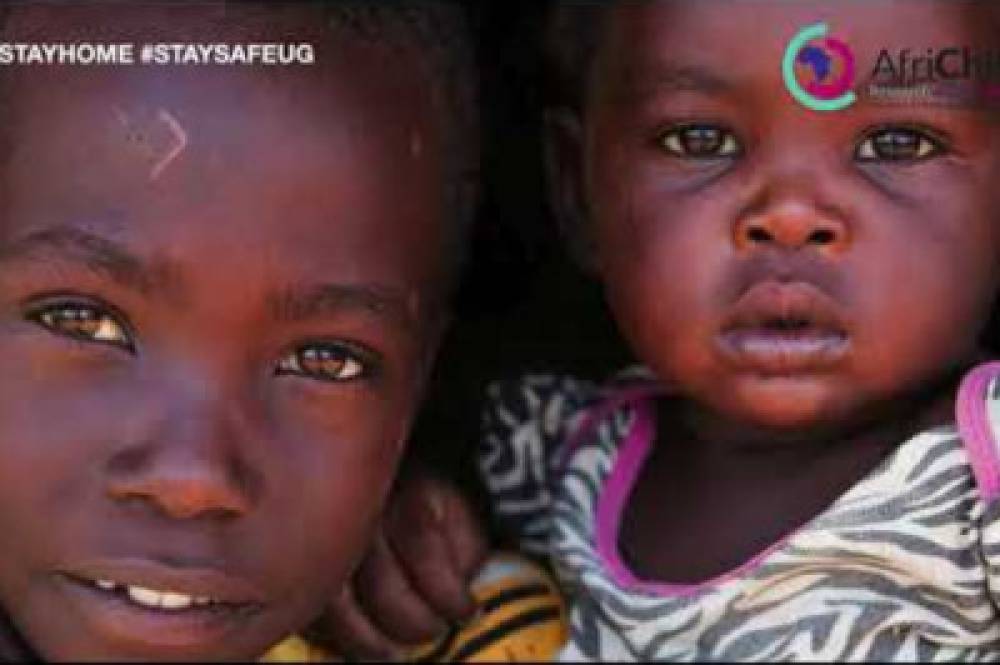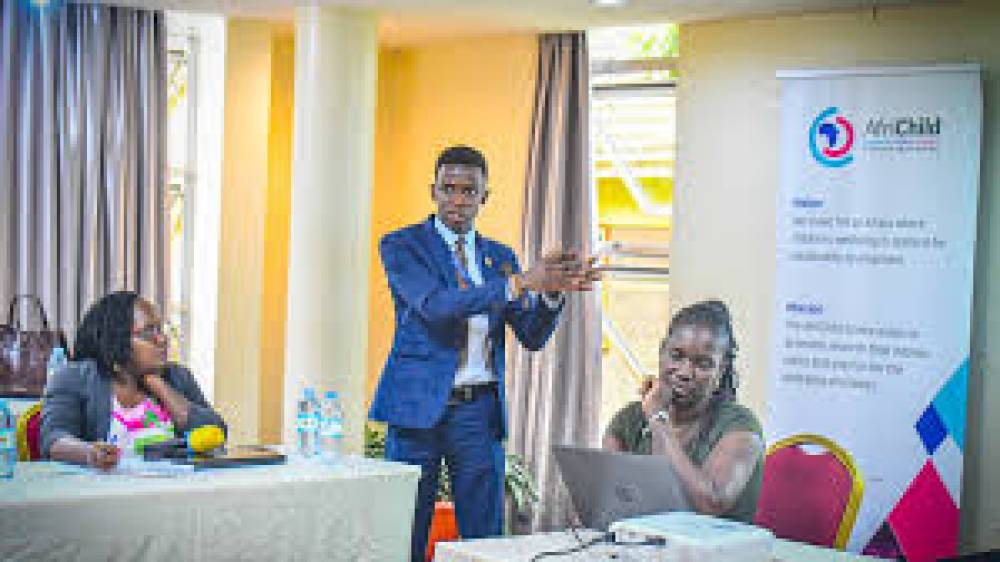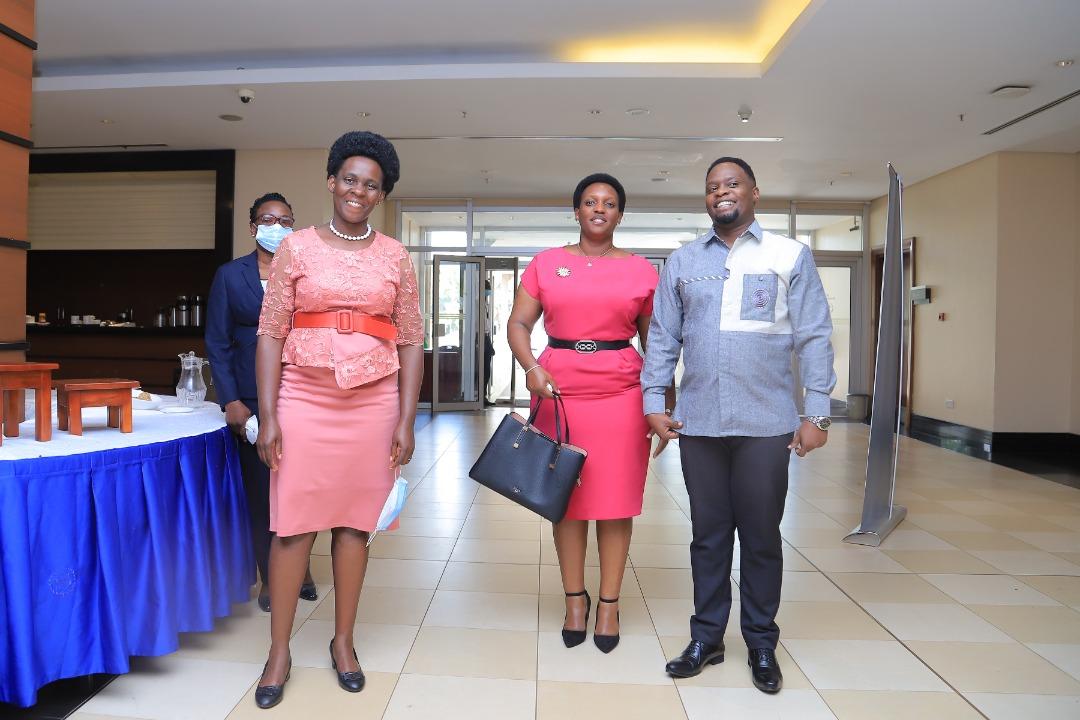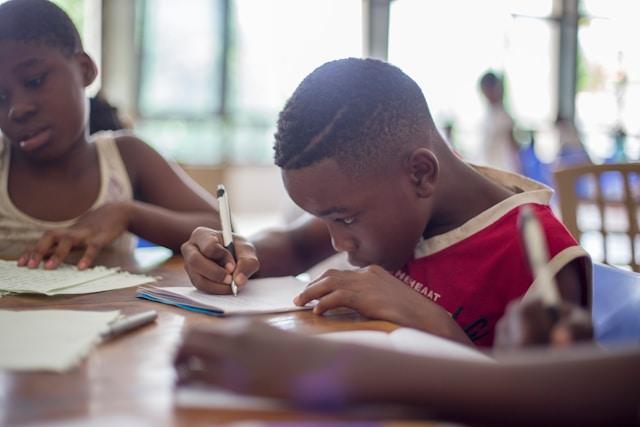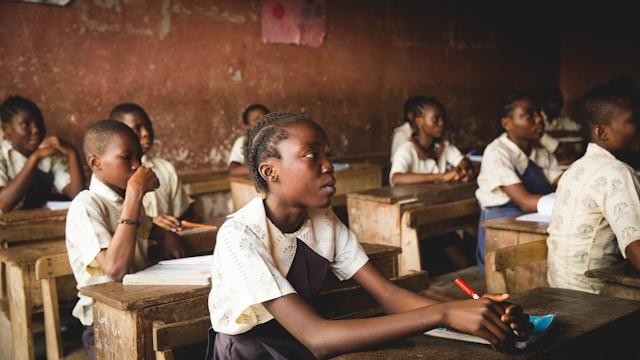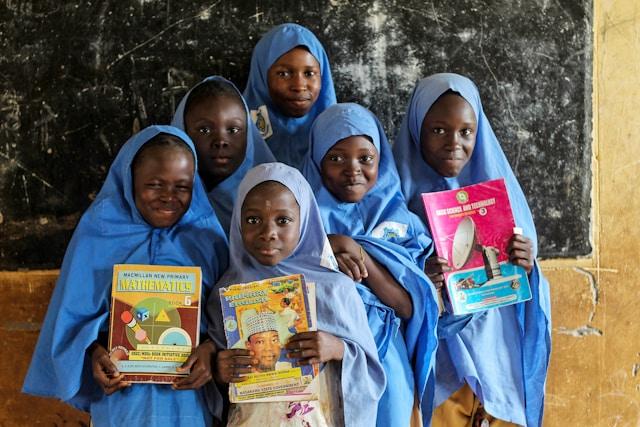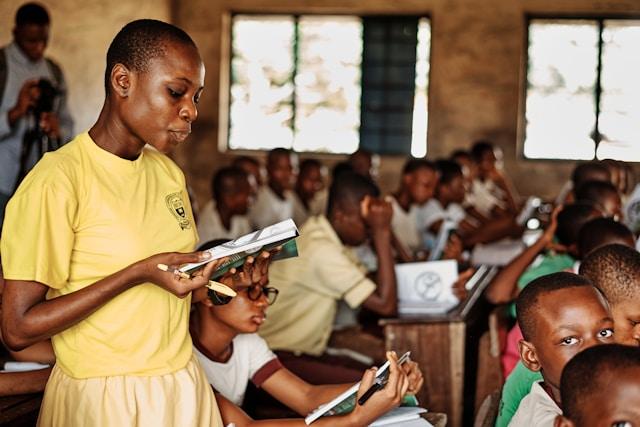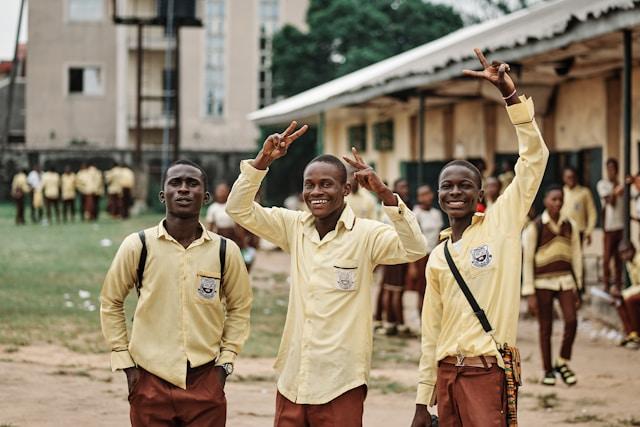Strengthening Early Childhood Development in Kyaka II Refugee Settlement Under the Kulea Watoto Project
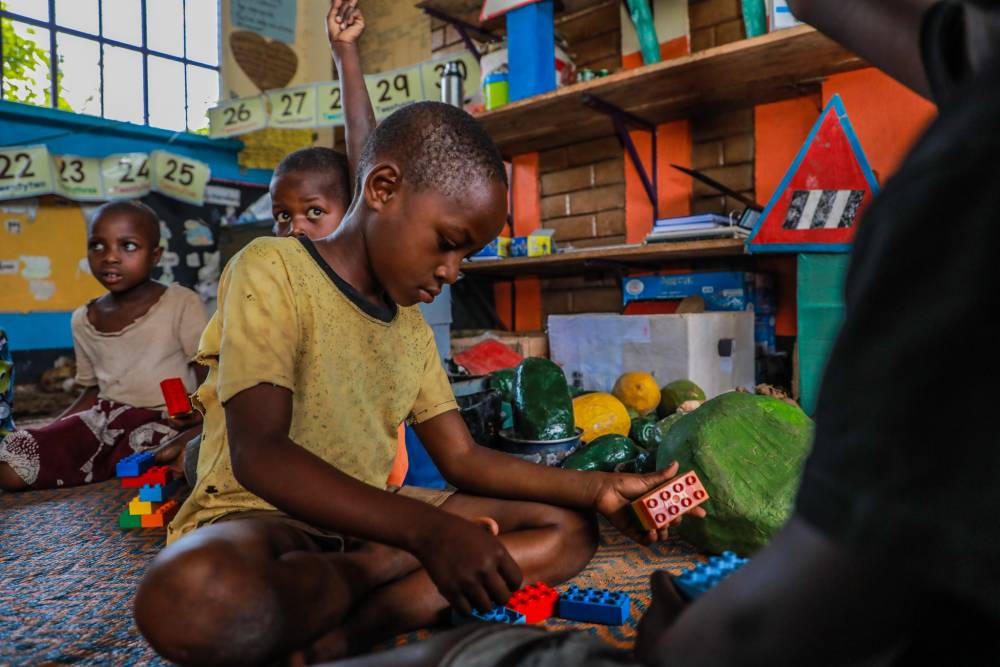
Strengthening Early Childhood Development in Kyaka II Refugee Settlement Under the Kulea Watoto Project
We recently conducted a joint monitoring activity in Kyaka II Refugee Settlement under the Kulea Watoto project as part of our commitment to empowering communities and enhancing early childhood development. In collaboration with key stakeholders, we undertook a two-day assessment to appraise the advancement and efficacy of various initiatives, encompassing enterprise support, early childhood development (ECD) centers, and household enhancement plans. The principal emphasis was to ascertain the effective components and areas necessitating refinement to ensure continuing success. We thus focused on monitoring the impact of our interventions on the community and identifying areas that need improvement. We visited ECD centers to evaluate the classroom environments, tracked household improvement progress, and interacted with community members about group savings and Early Recovery and Development (ERD) training. These interactions gave us valuable insights into how well these initiatives are being incorporated into the daily lives of the community.
After the field visits, we held a Partner Implementation Meeting (PIM) to review the outcomes and discuss the next steps for improving the project. Key points included the need for the MEAL (Monitoring, Evaluation, Accountability, and Learning) team to work closely with project managers to establish common indicator definitions, ensuring all stakeholders are aligned on success metrics. There was also an emphasis on improving communication, particularly in responding to emails promptly and meeting reporting deadlines to streamline project management and coordination.
The team deliberated on the necessity of employing standardized tools for data collection to ensure uniformity. The MEAL team will spearhead the harmonization of data and subsequently share means of verification with the team leads in various partner organizations. Looking ahead, the forthcoming learning conference will feature a review and revision of the Kulea Watoto module to uphold its responsiveness to the evolving community needs. Emphasizing the documentation of success stories emerged as another pivotal focus. Partner staff have received encouragement to identify impactful client stories within different implementation areas for sharing, thereby highlighting positive project outcomes.
Additionally, the imperative to formulate a standard observation tool for future monitoring exercises was addressed, to enhance efficiency and consistency in future assessments. Finally, critical technical challenges, encompassing those associated with the IRC mailing system and recurring issues with CommCare, were underscored as priority areas necessitating resolution to augment communication and data collection processes.
These contemplations and insights will serve as guiding principles during the transition into the subsequent phase of project implementation, thereby facilitating requisite enhancements and the perpetuation of a meaningful impact in Kyaka II. Through close collaboration with our partners and the community, our objective is to cultivate sustainable change, thereby ameliorating early childhood education and the overall livelihoods of those in the settlement.
Insights & Updates
Other related posts and resources
Early Childhood Care and Educa...
We continue to leverage our collaboration with the government of the Republic of Uganda while making...
Read MoreChild-based Strategies in Addr...
Child-based Strategies in Addressing Child-to-Child Violence in Primary Schools Part of the AfriChi...
Read MoreDay of the African Child 2022
Supporting Children to Thrive Holistically - Emily Atieno (DAC2022) Explore how AfriChild Centre is...
Read MoreChild Labour: An Obstacle to E...
Child Labour: An Obstacle to Early Childhood Development Children constitute 60% (25.2 million) of...
Read MoreTraining of Policymakers and P...
The PPURE training program is one of the Centre’s flagship programs. PPURE was initiated in 2018 to...
Read MoreInsights & Updates
Explore AfriChild's Knowledge Hub
EXPLORE OUR RESOURCES
Unlock a world of useful resources in our Knowlegde Hub
-
Call Us
-
Email
-

 #AfriChild
#AfriChild